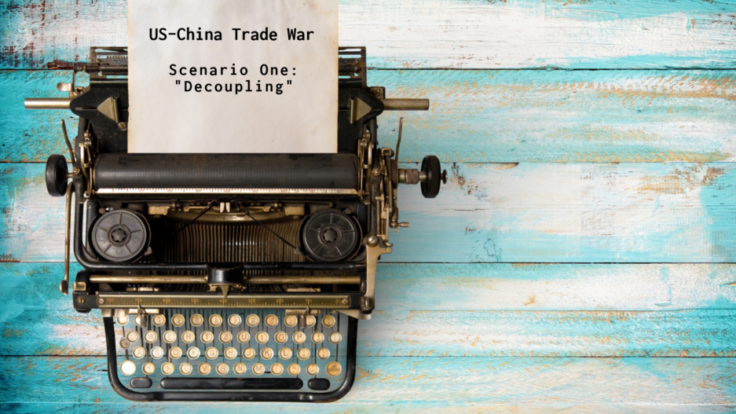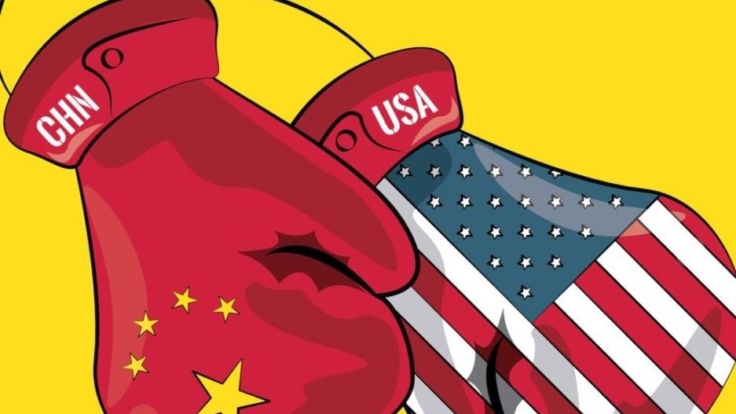Trump-Xi Meeting on US-China Trade War: Five Possible Outcomes
The meeting between President Donald Trump and President Xi Jinping in Argentina in late November may prove to be a turning point for not only for the US-China relationship, but for global trade. Both leaders enter these discussions knowing the far more important question is whether there can be a sustainable co-existence between a Western market-driven economy with democratic ideals and a centrally-managed Chinese economy led by the Communist Party of China.




